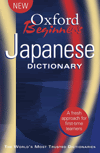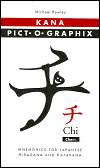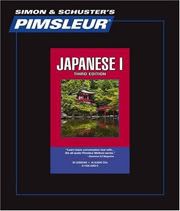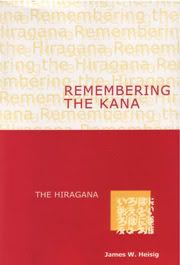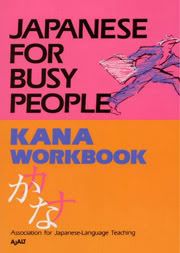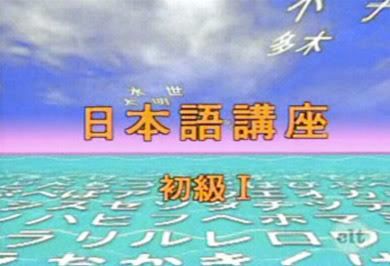It's been what? A month and change, apparently. There's been a lot going on lately, and I apologize to those of you who have stopped reading this blog due to the period inactivity... which won't help since you aren't reading anymore! But that's okay, you'll be back.
In this period of no-posting, I have neglected my Japanese studies, and as such have not learned the language any better than when I last posted. I have, unfortunately, been only learning about Japanese, rather than actually learning Japanese. This is probably somewhat benificial, knowing the overall of the language before jumping into specifics, but one must acknowledge that this time could have been better spent studying both aspects. Alas. Though as a follow up review: that little Barron's Japanese Grammar book is awesome. Opening it is like gazing upon the skeleton of a language, neatly laid out and tagged with two tones of ink.
Thanks to my job, I recently had the opportunity to travel to California, specifically the San Jose/Cupertino area. It's an absolutely beautiful place. One of my co-workers was kind enough to inform me that there was a Japanese bookstore/supermarket in that area, and I was lucky enough to discover that it was only a block or two from my suite. The supermarket was alright (picked up some candy, of course), but the bookstore was great. きのくにや, or Kinokuniya if you haven't been studying your Kana. Stop looking at me like that. It was laid out like the Japanese bookstore I always see in articles about Japanese print culture: manga falling off the shelves and all the other books presented laid out, cover pointing upwards, as opposed to the language study section which was shelved spine outward. I picked up three things:
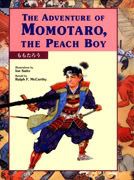
Momotarō: The Peach Boy (ももたろう): This is a classic children's tale, and seems to be fairly famous. The book has both the original Japanese presented in hiragana, and a loose English translation designed to capture the spirit and rhyme of the tale, rather than the actual text. Might be fun for translation, or at least a great book for the neighbor's kid.
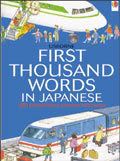
First Thousand Words in Japanese: This one is awesome, and currently being absorbed by the Guido/Feefer duo. It's a collection of one thousand everyday words, from body parts to colors, and objects from school, work, and home. It's presented with colorful illustrations, all of which are tagged with corrosponding Japanese words in both romaji and kana. What I like most about it are the free internet links that accompany the book; you can go online and hear every single word spoken by a native Japanese person. It's absolutely priceless, and I wish I had picked up more than just one.
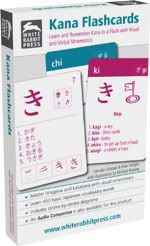
Kana Flashcards by White Rabbit Press: I like these. Individual flashcards for all the kana, plus a couple of cheat sheets that fit perfectly in one's wallet. The cards themselves are perfect, as each card includes: the kana symbol, definition, a mnemonic visual (almost all of which are pulled directly from kana pict-o-graphix! Hooray partnerships!), 5 vocabulary words, and the stroke order. How cool are these? Excellent quality, and these are definitely the publishers I'll be looking to when it's time to pick up Kanji cards.
Yes, so, that should do for now. I'm going to work on getting the rest of the Pimsleur notes put up, and hopefully that won't take a month and a half.

